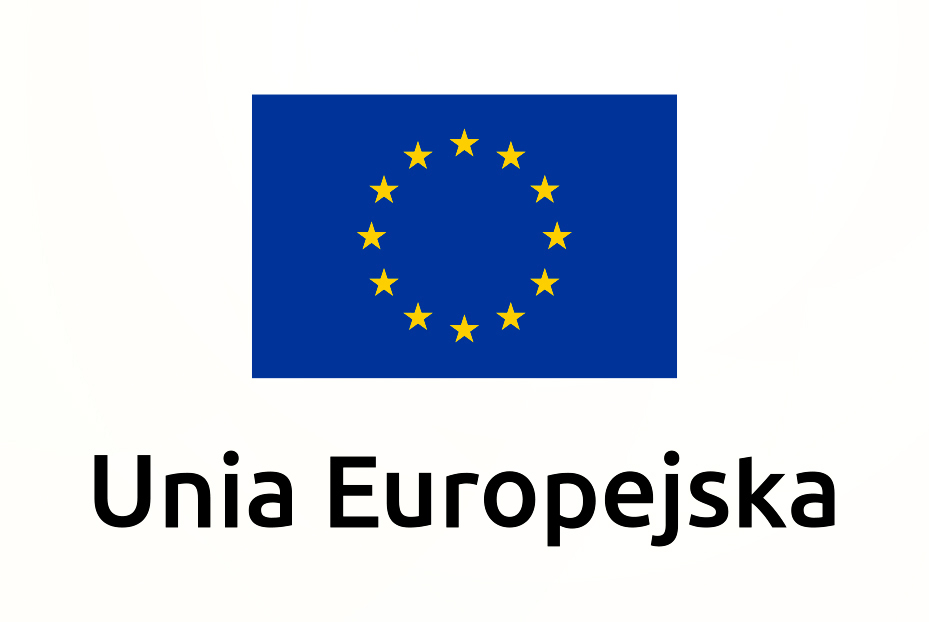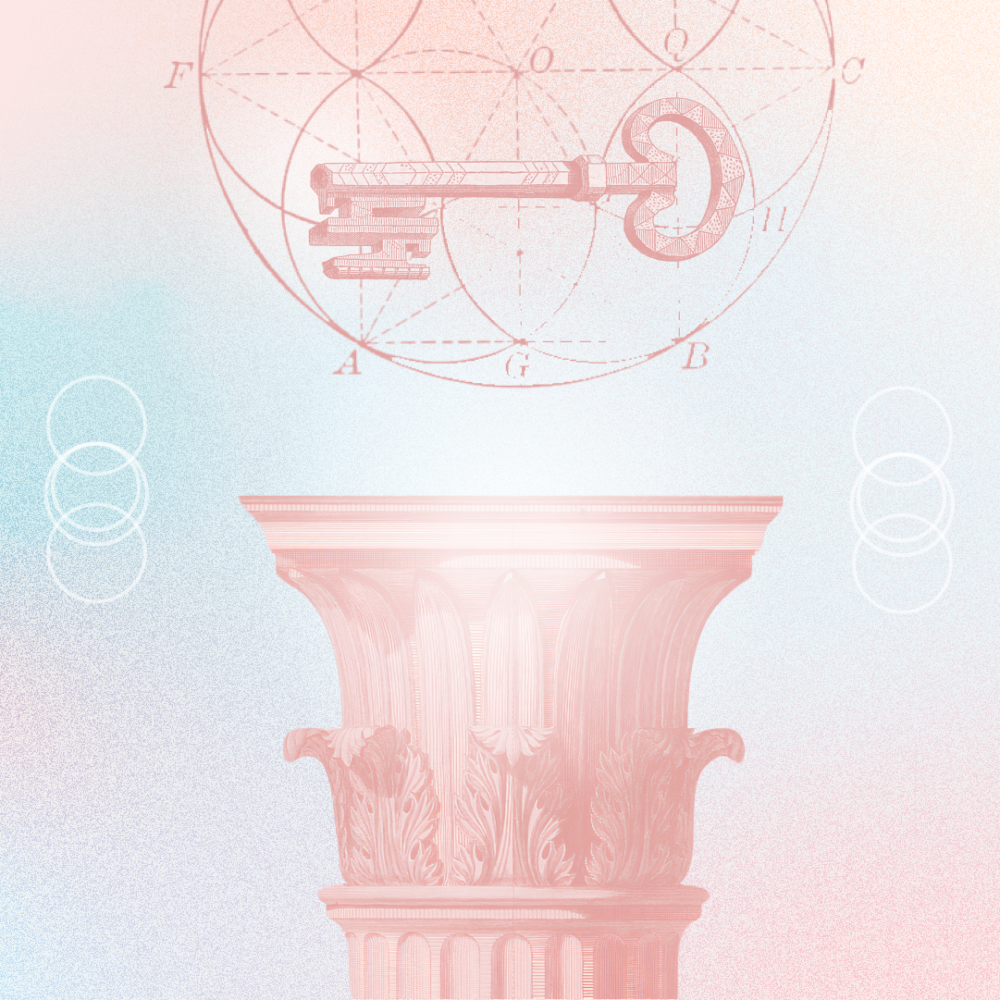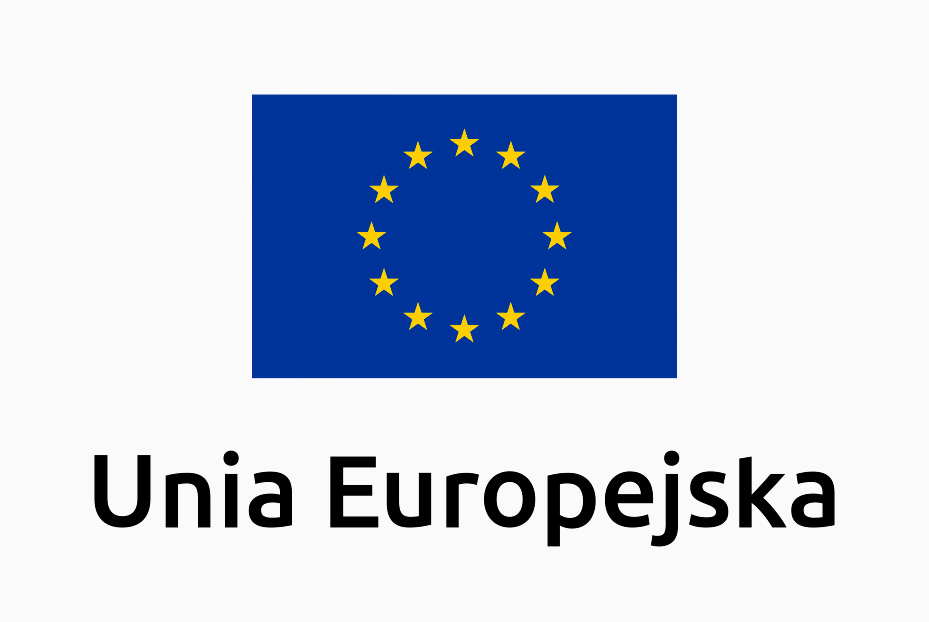deadline for submission of abstracts: 15.08.2024
deadline for submission of finished texts: 12.09.2024
In the forthcoming issue of RTV Magazine, we are keen to explore the ideas of institutions and institutionalization. On the one hand, we are interested in how they are used in artistic, activist, and social practice, and on the other, we want to bring attention to their complexity and somewhat redefine them. In the aftermath of the conservative dismantling of key art institutions (when they were taken over by the United Right government) and in the face of the current reinstatement of institutional order postulated by the October 15 Coalition, we examine the present-day condition of the art field. In the face of the global, multifarious global crisis, which encompasses, among others, the war in Ukraine, Palestine and Israel, and the humanitarian crisis on the borders of the European Union, a debate on the role played by the institutions in responding to these challenges seems necessary. We believe that redefining the framing of art institutions as concrete spaces that represent the interests of various social groups, as well as institutionalization understood as the practice of learning and unlearning, are vital steps towards new institutional imaginaries. To this end, in this forthcoming issue we return to discussions initiated during the May 2024 conference at the Arsenal Municipal Gallery in Poznań, on the pages of the Obiegi i sieci issue of “ElementyMag”, or in Kuba Szreder’s text, “Szklane muzea. Instytucje sztuki na przedwiośniu demokracji” [Glass museums. Art institutions at the brink of democracy].
Institutions are not merely buildings burdened with a history of hegemony, places of authority that can be “taken over” by one or another political option. They are also, or perhaps above all, active participants in changes that are taking place in society. They are sites of implementing ideas about how we, as a society, want these processes to take shape. Institutions are spaces for the emergence of localised “institutionalising practices” that respond to the needs of their recipients as active participants; they are dialogical and polyphonic forms that cannot be reduced to authoritarian monologue, because their structure is always fluid and changeable. When one head is cut off, seven more grow in its place.
In the forthcoming issue entitled Instituent Practices, we return to the enduring statement by Gerald Raunig who noted that we require practices that focus both on institutional self-reflection and respond to changes in society. As we are currently witnessing the process of a reshuffle in top leadership positions across the most significant cultural institutions in Poland, we are inspired to question the possible directions these organizational decisions may lead to. Contrary to the initial enthusiasm, this may not necessarily amount to a qualitative change, but merely a symbolic reshuffling. It is also the right time to consider what role in this process may be played not only by museums, galleries, or community centres, but also by more informal spaces of cultural activity, responsible for participating in artistic life. That is why, as part of this issue of RTV Magazine, we hope to reflect, with your help, on the following questions:
1) What kind of cultural institutions do we dream of? What kind of institutions do we operate in and what kind of institutions do we want to avoid?
2) What are the “new institutional imaginaries”? Post-pandemic Poland is a country in the process of returning onto the European-neoliberal course, and in recent years has transitioned from being an emigration country to a migration destination for people from Ukraine, Belarus, and other regions of the world facing military conflict, the consequences of the climate catastrophe, and economic difficulties. How can we conceptualize a truly democratic institutional framework in our country?
3) How can cultural institutions respond to change? How can they contribute to change, and in what ways do they actively ignore it?
4) How can art institutions become more socially-oriented and open to new audiences and, above all, how can they actively pay attention to the needs of groups excluded from collaboration .
5) How can artists become involved in these processes so that they can avoid playing the role of exhibition provider(s)? How can they maintain influence over the ways in which institutions operate and claim support from them in times of crisis?
6) What can institutions do for marginalised groups, and how can they forge new, unconventional alliances?
Please submit abstracts of texts and visual essays (max 1,500 characters) until 15.08.2024. If selected by the issue’s editorial team consisting of: Zofia Nierodzińska, Mateusz Nowacki, and Jakub Walczyk, you’ll be able to develop them (max 7,500 characters). Texts will be published in the upcoming issue of RTV Magazine and remunerated. In particular, we encourage submissions based on personal experiences and practices of collaboration in the institutional field, both in formal and informal settings. Please email your submissions to: magazyn@magazynrtv.com
Keywords: institution, institutionalization, institutionalizing/instituent practices, materiality/ immateriality, hierarchical/horizontal, centralised/grassroots, allied institutions, alliances, , the idea of “universal museum”
translation: Joanna Figiel


